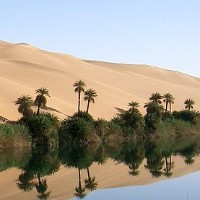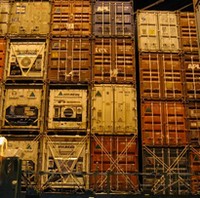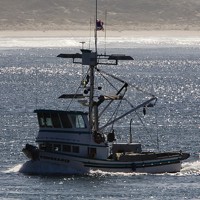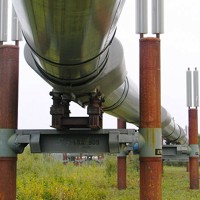
Iraqi Prime Minister Nouri al-Maliki recently convened a meeting of Arab leaders in Baghdad to discuss cooperation on water issues. In an email interview, Annika Kramer, a senior project manager at the German think tank Adelphi, discussed the state of cooperation on water in the Middle East. WPR: What is the current state of water management cooperation in the Middle East? Annika Kramer: Cooperation in water resources management only takes place to a very limited extent in the Middle East. None of the main transboundary river basins in the region — the Euphrates-Tigris, the Jordan and the Nile basin — […]



